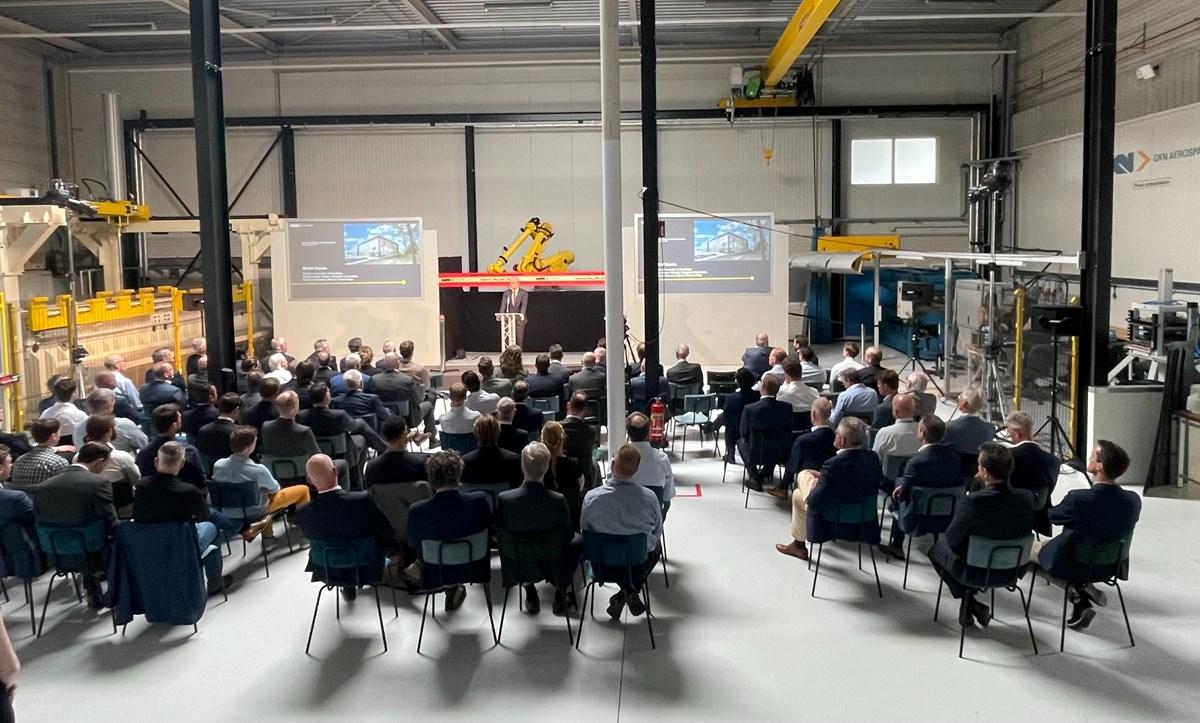
Smarter email, faster business.
Trending
GKN Aerospace Launches ASPIRE Wing Research Program

GKN Aerospace Launches £12 Million ASPIRE Wing Research Program
GKN Aerospace has announced the launch of ASPIRE, a £12 million research and development initiative focused on advancing composite wing and flap technologies for next-generation single-aisle aircraft. Scheduled to run from May 2025 through April 2028, this UK-based program aims to create lighter and more efficient aircraft structures by innovating both manufacturing processes and material science.
Advancing Composite Wing Technologies
At the heart of ASPIRE is the development of three full-scale composite wingtip demonstrators, each employing a distinct manufacturing technique and structural design. The first demonstrator builds on GKN’s established bonded multi-part assembly method. The second explores a quasi-isotropic, co-infused Resin Transfer Moulding (RTM) structure, integrating automated fibre placement, digital twin technology, and self-heated JouleTool moulds supplied by Pentaxia. The third demonstrator pushes the boundaries further by incorporating non-standard fibre orientations, low-energy dry fibre forming, and Smart RTM processes. All three wingtip variants will undergo comprehensive structural testing to Ultimate Load standards, simulating real-world operational stresses.
In addition to wingtip development, the program includes the creation of a novel composite flap concept. This design integrates rapid tow sheared (RTS) laminates from iCOMAT, fibre-placed brackets tailored for specific applications, low-energy out-of-autoclave curing methods, and press-cured ribs. The objective is to achieve Technology Readiness Level 6 for rib production, leveraging GKN’s prior experience from the A350 flap program. Analytical and modelling support is provided by the University of Bath, while Carbon ThreeSixty contributes sustainability innovations through its Lineat AFFT technique, which enables the use of recycled carbon fibre in stitched ‘deltoid noodles’.
Challenges and Industry Context
Despite its ambitious goals, the ASPIRE program faces several significant challenges. Securing adequate funding and managing the complexities associated with integrating advanced composite materials remain key obstacles. Investor skepticism regarding the program’s feasibility and timeline reflects broader caution within the aerospace sector toward large-scale research and development projects. Furthermore, GKN’s recent decision to scale back hydrogen-related initiatives—following delays in Airbus’s ZEROe program—raises concerns about potential resource reallocation and its possible impact on ASPIRE’s progress.
Competitive pressures are also intensifying, as rival aerospace companies may accelerate their own composite wing technology efforts in response to GKN’s initiative. This heightened competition could place additional strain on ASPIRE’s ability to meet its development milestones within the planned schedule.
Nonetheless, GKN Aerospace positions ASPIRE as a critical step toward delivering more sustainable and high-performance aircraft structures. By combining cutting-edge manufacturing techniques, advanced materials, and collaborative research partnerships, the program aims to strengthen the UK’s leadership in aerospace technology amid a complex and competitive landscape.